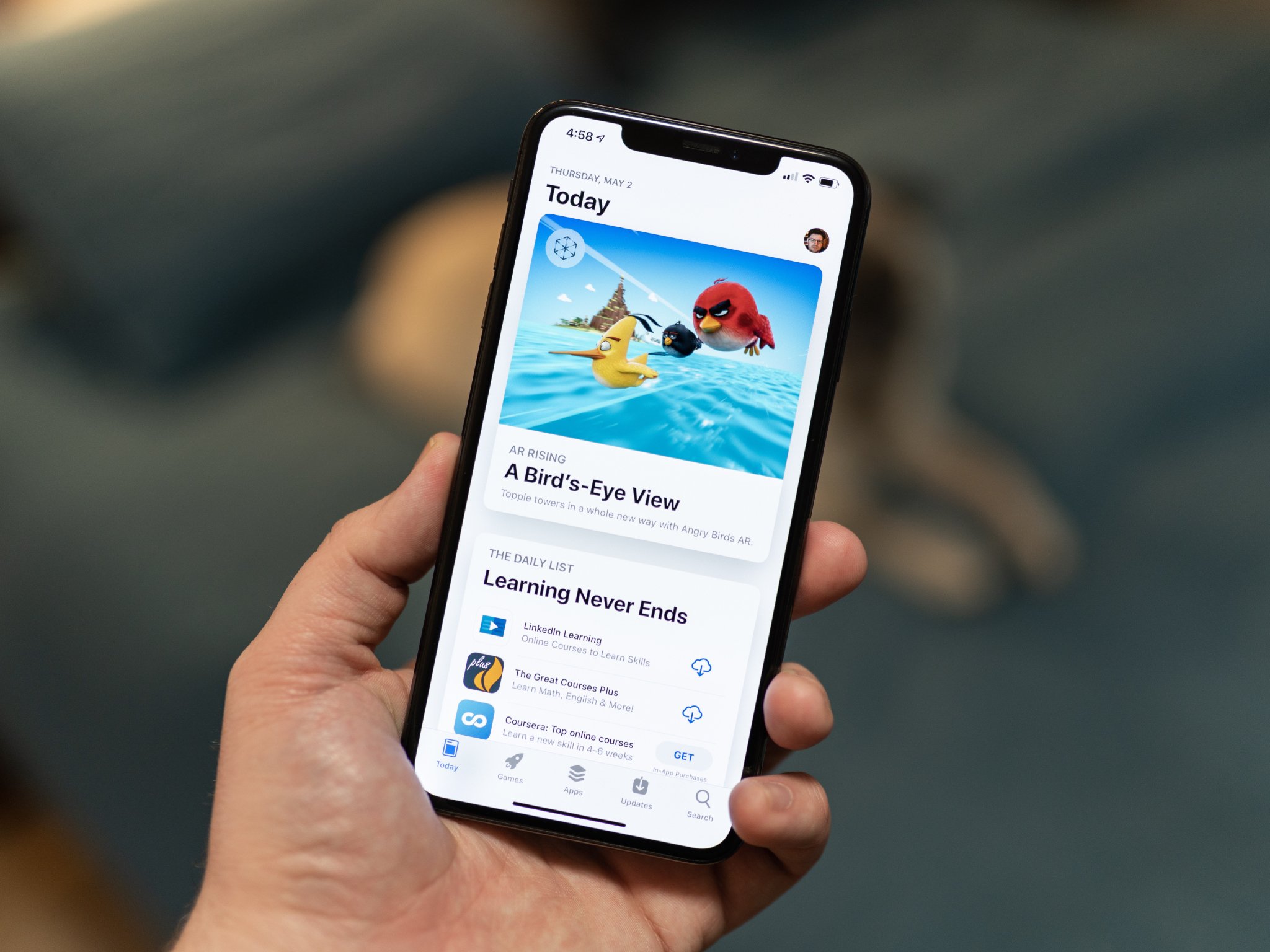Apple seeks early trial win against Epic over denial of access to iOS

iMore offers spot-on advice and guidance from our team of experts, with decades of Apple device experience to lean on. Learn more with iMore!
You are now subscribed
Your newsletter sign-up was successful
What you need to know
- Apple is seeking an early victory on one count of the Epic Games lawsuit.
- It has asked the court for a partial judgment in its favor regarding Epic's claim it has unlawfully blocked access to iOS.
- Apple says in the motion that iOS is not an "essential facility" and that even if it was Epic still could obtain access, it just doesn't like the current terms.
Apple is seeking a small early victory in the Epic Games lawsuit after filing a motion for partial judgment on one of Epic's claims about access to iOS and the App Store.
In a motion seen by iMore filed Wednesday, counsel for Apple states "
TO THE COURT, ALL PARTIES, AND THEIR ATTORNEYS OF RECORD: PLEASE TAKE NOTICE that on May 24, 2021 at 8:00 a.m., or as soon thereafter as the matter may be heard by the Court, at the courtroom of the Honorable Yvonne Gonzalez Rogers, Courtroom 1, 14th Floor, United States District Court, 1301 Clay Street, Oakland, California, Defendant Apple Inc. will and hereby does move the Court for judgment on partial findings in Apple's favor on Count 2.
"Count 2" refers to Epic's claim in the original lawsuit that Apple has denied Epic Games access to an essential facility, namely the iOS App distribution market.
Apple says that witnesses for Epic have admitted that Apple has in fact given Epic access and that furthermore, iOS is not an essential facility. Noting testimony from Epic's own witness Dr. David Evans, Apple says that Dr. Evans testified during the trial that iOS isn't a utility and that "Epic's own experience... confirms that there is nothing "essential" about iOS. Referring to an instance in week one of the trial, Apple notes Epic CEO Tim Sweeney's response to a question from Judge Gonzalez Rogers. When asked what Epic would do if it was not granted relief he said Epic "would have to live with" not being on the App Store:
"Mr. Sweeney did not suggest that Epic would be out of business, but instead testified that Epic simply "would have to live with" its ejection from the App Store, "without supporting the iOS platform." Trial Tr. 347:25–348:11 (Sweeney). That is another concession that iOS is not an essential facility."
Apple's motion also notes Epic does have access to iOS and can distribute apps like any other developer:
There is no dispute that Epic actually has access to iOS. Epic, like all other developers, may obtain "access to the tools and permissions for writing iOS apps," and may distribute those apps through iOS, by agreeing to the DPLA. Ex. Expert 1 ¶ 100 (Evans). And Epic clearly did (prior to Project Liberty) distribute its apps through iOS and the App Store. So do millions of other developers
Apple says "the real basis for Epic's claim is that it does not like the terms of access it does have." The motion notes Epic, like other developers "may obtain" access to tools for writing iOS apps, and that it did previously do this prior to Project Liberty, acknowledging the fact Apple terminated Epic Games' developer account in August of last year.
It is highly likely Epic will contest Apple's call for judgment on this aspect of the trial. As previously noted, it is also important to remember Apple is essentially seeking a ruling on only one of 10 counts listed by Epic in its original lawsuit. Apple is not (yet) asking for a ruling on any of the trial's more significant issues, such as whether Apple has an unlawful monopoly on iOS app distribution, or whether it has unlawfully tied iOS App Distribution to its in-app payment processing system.
iMore offers spot-on advice and guidance from our team of experts, with decades of Apple device experience to lean on. Learn more with iMore!
Apple says it will move for the motion on Monday, May 24 as soon as the court is able to hear the matter.

Stephen Warwick has written about Apple for five years at iMore and previously elsewhere. He covers all of iMore's latest breaking news regarding all of Apple's products and services, both hardware and software. Stephen has interviewed industry experts in a range of fields including finance, litigation, security, and more. He also specializes in curating and reviewing audio hardware and has experience beyond journalism in sound engineering, production, and design.
Before becoming a writer Stephen studied Ancient History at University and also worked at Apple for more than two years. Stephen is also a host on the iMore show, a weekly podcast recorded live that discusses the latest in breaking Apple news, as well as featuring fun trivia about all things Apple. Follow him on Twitter @stephenwarwick9
